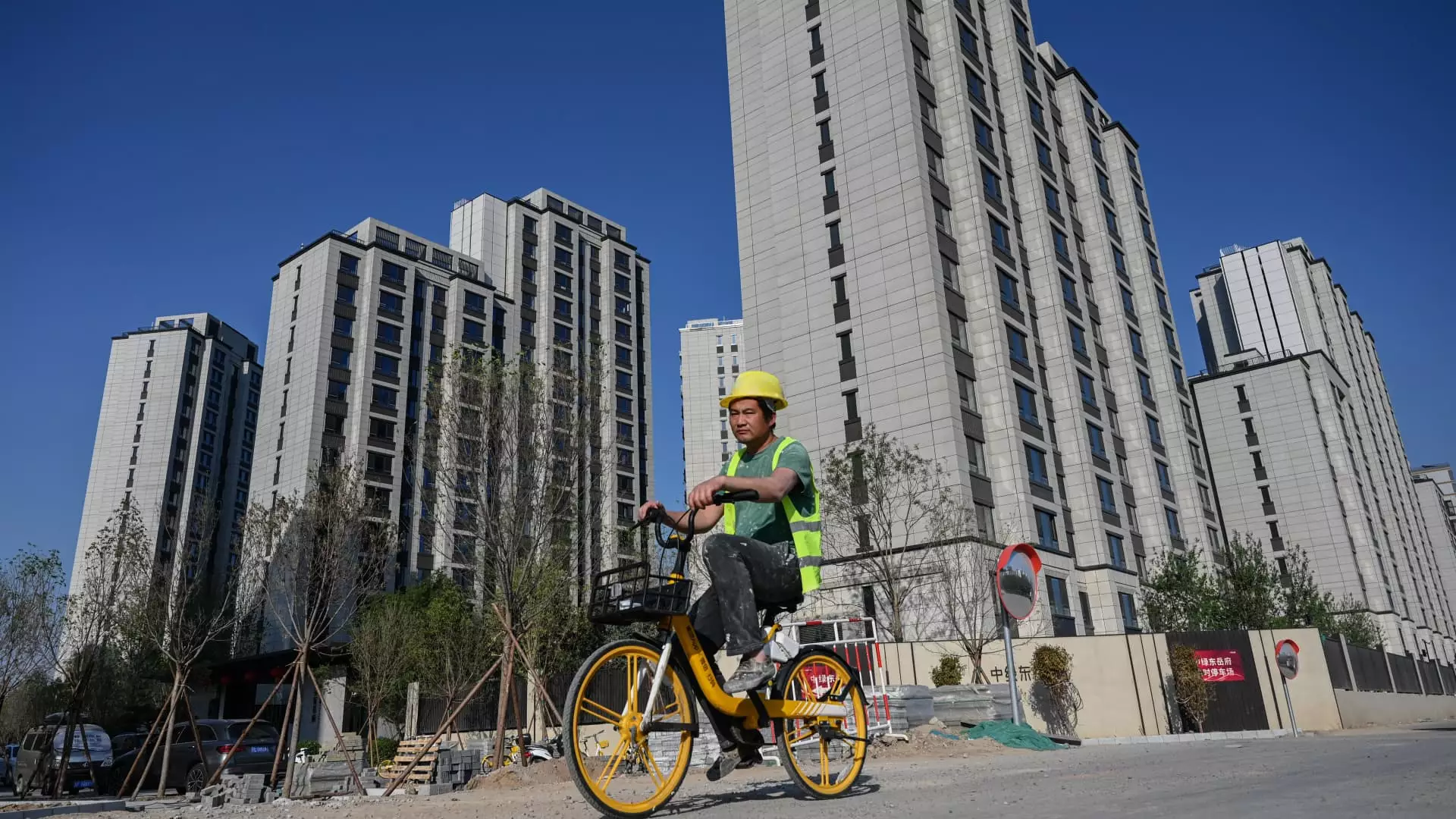The International Monetary Fund (IMF) has increased its growth forecast for China in 2021 to 5%, up from the previous prediction of 4.6%. This adjustment is a result of strong first-quarter economic data and recent policy changes implemented by the Chinese government. Additionally, the IMF now anticipates China’s economy to grow by 4.5% in 2025, an increase from the previous estimate of 4.1%. However, by 2029, the IMF expects China’s growth to slow down to 3.3% due to factors such as an aging population and slower productivity growth.
China’s economy expanded by a better-than-expected rate of 5.3% in the first quarter of this year, driven by robust exports. However, data for April revealed that consumer spending was lackluster, while industrial activity showed signs of improvement. In response to the challenges facing the real estate sector, the Chinese authorities recently announced significant measures, such as eliminating the floor on mortgage rates. While these actions have been deemed positive by the IMF, they suggest that more comprehensive strategies are necessary to address the underlying issues.
Gita Gopinath, the IMF’s first deputy managing director, emphasized the need for mobilizing central government resources to protect buyers of unfinished homes and expedite the completion of stalled housing projects. Furthermore, she advocated for greater price flexibility in the housing market, while also monitoring potential risks to the broader economy. During her visit to China, Gopinath held discussions with key officials, including the People’s Bank of China Governor and Ministry of Finance Vice Minister, to discuss near-term economic policies and structural reforms.
Chinese President Xi Jinping recently highlighted the importance of promoting high-quality employment opportunities, particularly for college graduates and young people. This emphasis on employment support policies aligns with China’s broader goal of achieving sustainable and inclusive growth. The government’s commitment to addressing economic challenges and implementing reforms will be crucial in maintaining China’s economic momentum in the coming years.
Overall, while the IMF’s revised growth forecast for China is optimistic, there are pressing issues that need to be addressed to ensure long-term economic stability and resilience. By fostering a supportive policy environment, implementing structural reforms, and prioritizing high-quality growth, China can navigate the challenges ahead and emerge as a stronger and more sustainable economy in the global arena.

